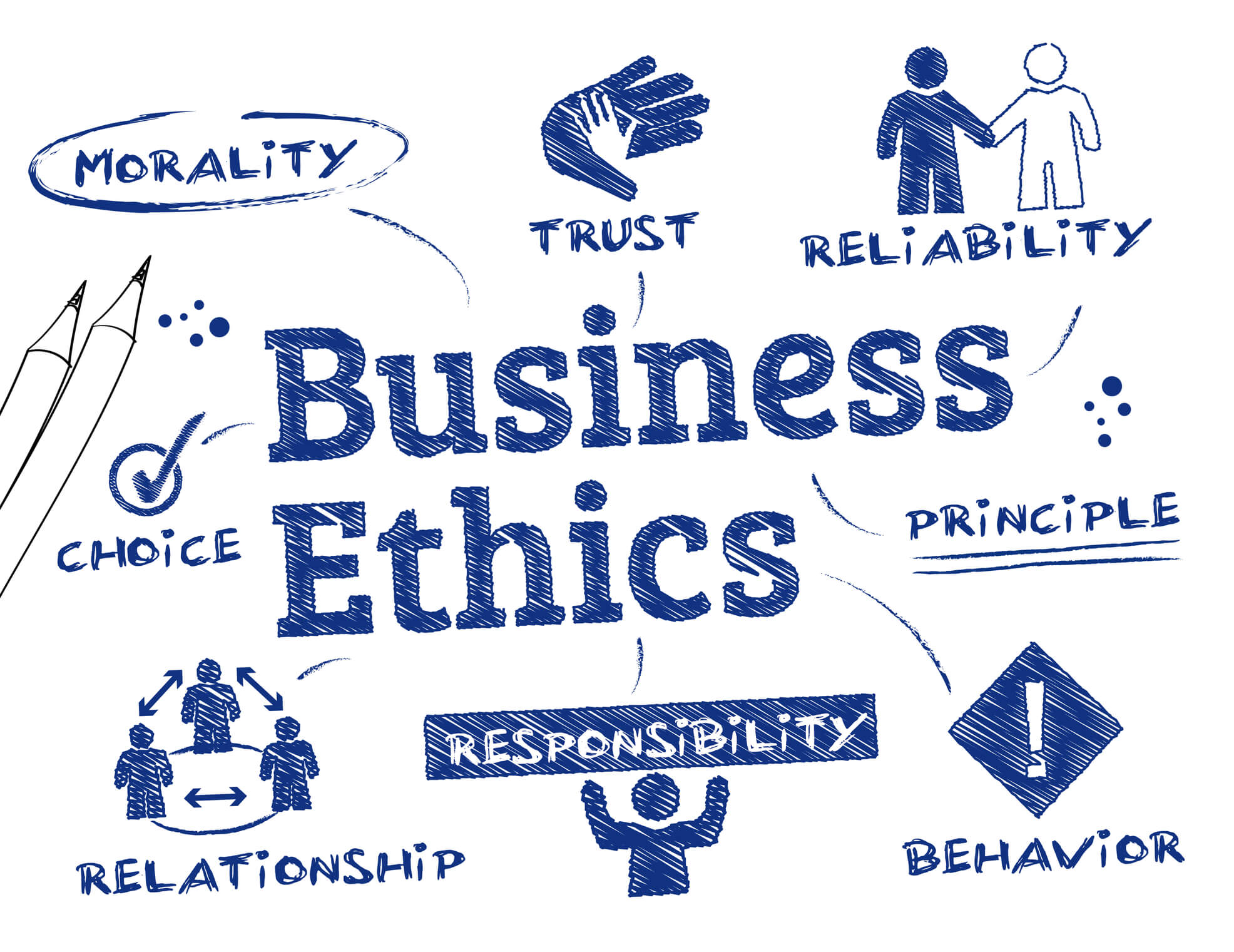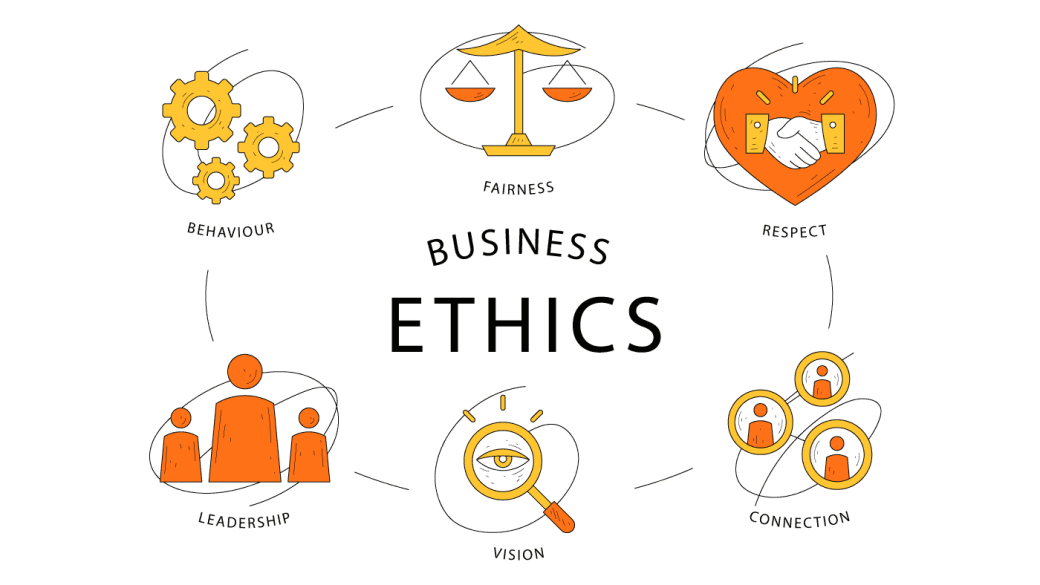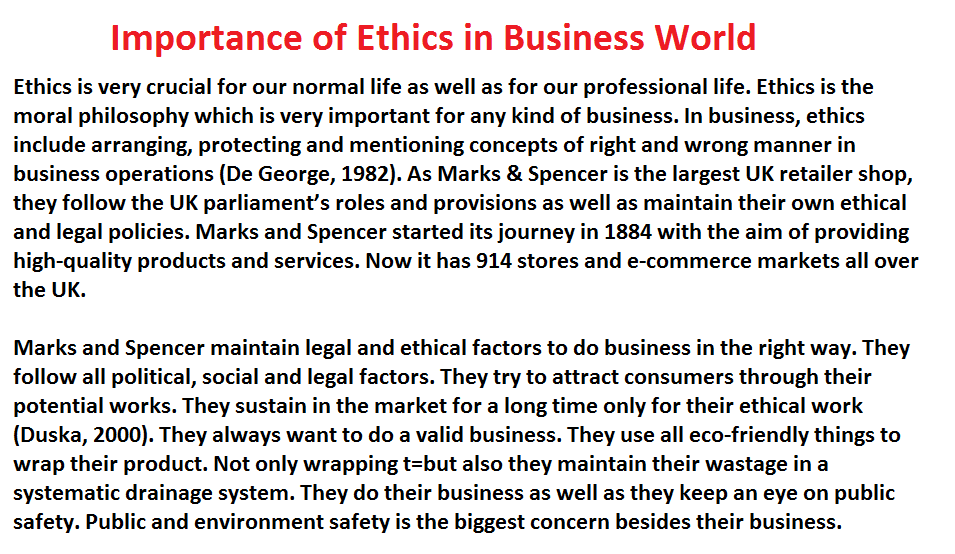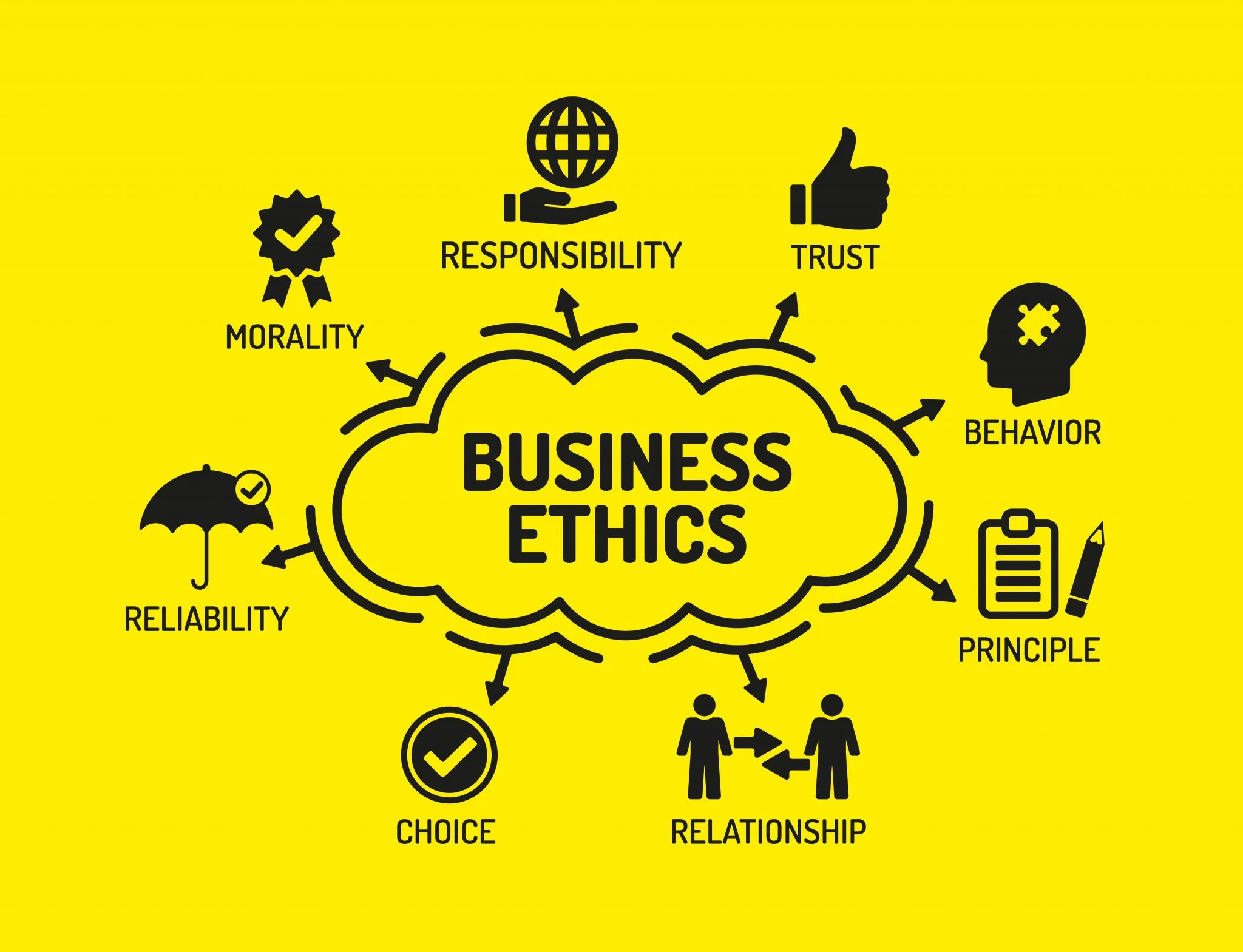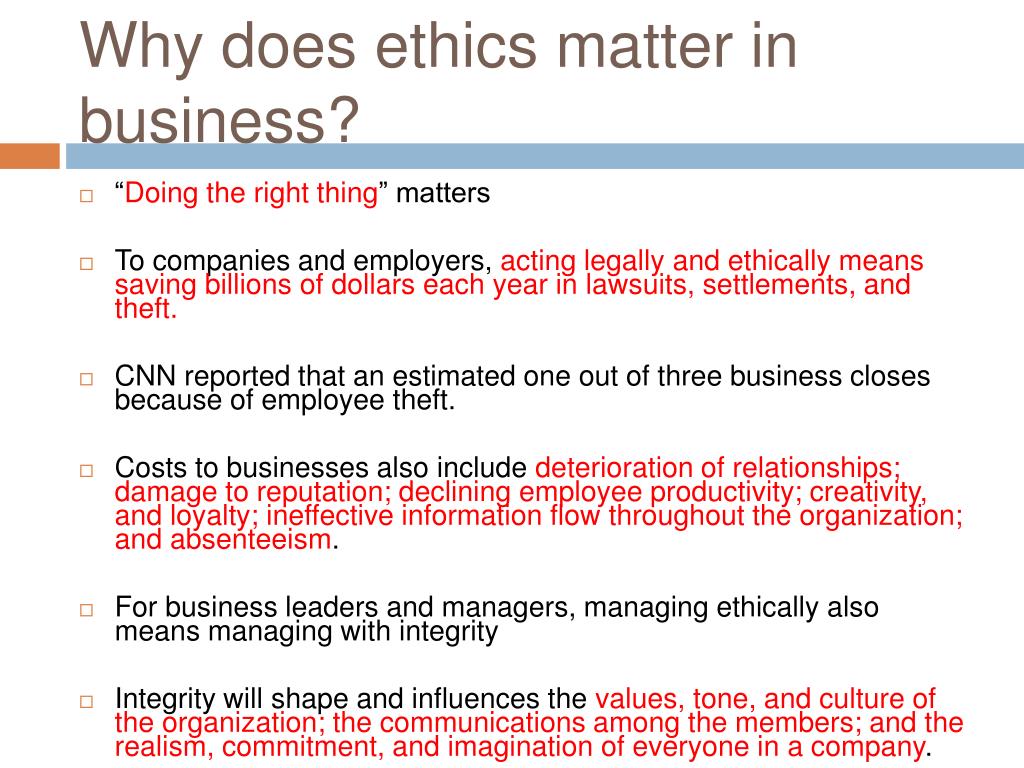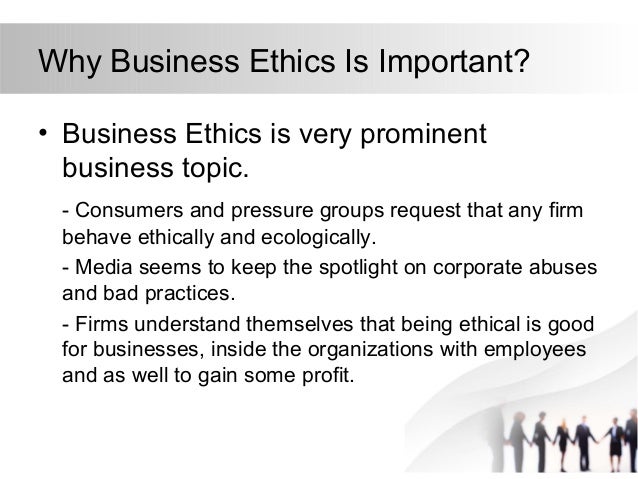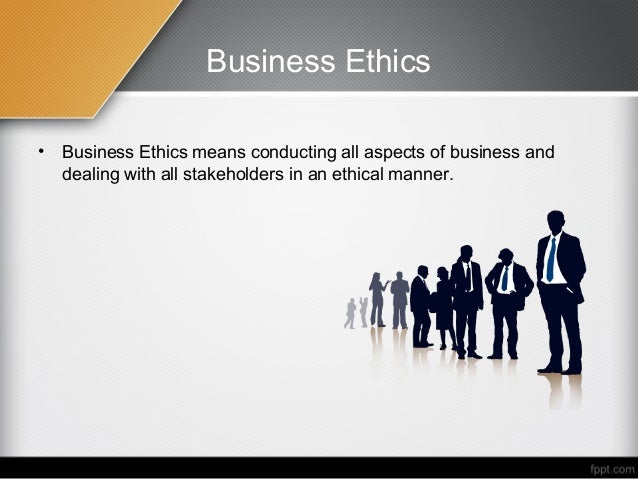Why Ethics Is Important In Business
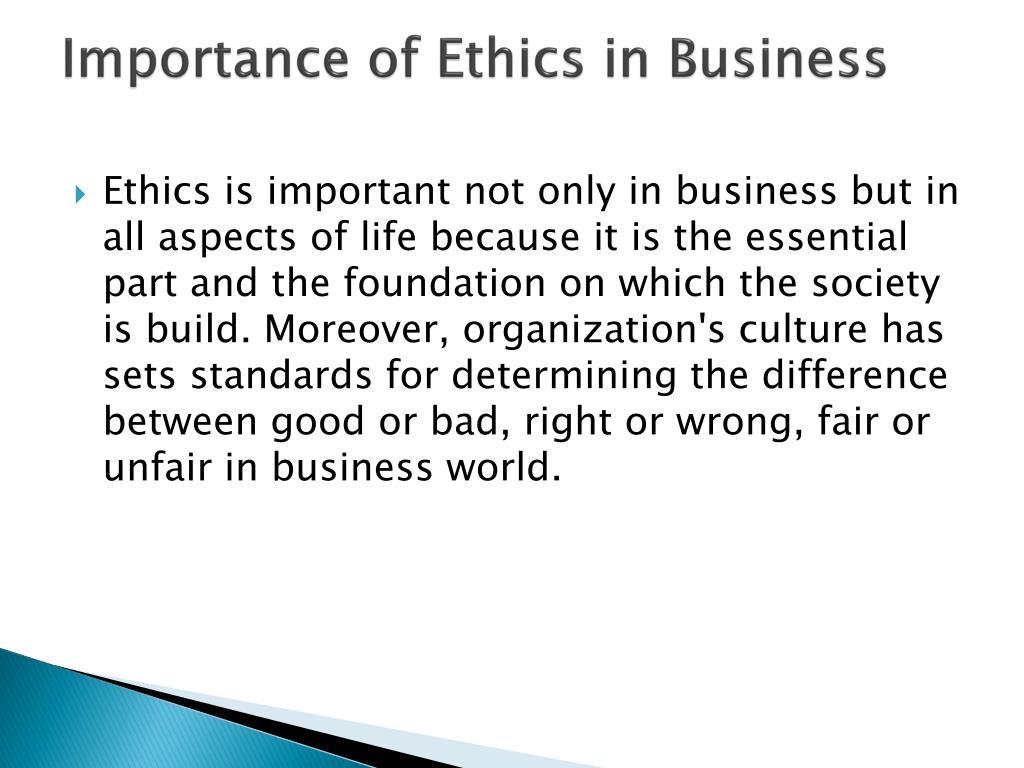
In an era defined by increasing scrutiny and interconnectedness, ethical conduct has moved from being a desirable attribute to a crucial necessity for businesses. From small startups to multinational corporations, the implications of ethical lapses can be devastating, impacting not only the bottom line but also a company's reputation, employee morale, and long-term sustainability.
The core question isn't simply, "Is ethics important?" but rather, "How can businesses integrate ethical considerations into their core operations to foster trust and ensure lasting success?" This article delves into the multifaceted reasons why ethics is paramount in the modern business landscape, examining its impact on stakeholders and highlighting best practices for cultivating an ethical organizational culture.
At its most fundamental, business ethics concerns adhering to moral principles and professional standards within a commercial context. It encompasses a wide range of issues, including fair labor practices, environmental responsibility, transparent accounting, and honest marketing. Ignoring these principles can lead to significant financial and legal repercussions.
Reputation and Brand Loyalty
A company's reputation is arguably its most valuable asset. According to a 2023 report by the Reputation Institute, "85% of consumers say they are more likely to purchase from a company with a strong reputation." Ethical behavior is a cornerstone of a positive reputation.
When companies demonstrate a commitment to ethical practices, they build trust with consumers. Brand loyalty flourishes when customers feel that a company aligns with their values and operates with integrity.
Conversely, ethical scandals can inflict irreparable damage.
"The Volkswagen emissions scandal, for example, cost the company billions in fines and settlements and significantly tarnished its brand image,"as reported by The New York Times.
Employee Morale and Retention
Ethical workplaces attract and retain top talent. Employees are more likely to be engaged and motivated when they feel they are working for a company that operates with integrity.
A survey by Glassdoor found that "79% of employees would consider leaving their job if they witnessed unethical behavior." This highlights the critical link between ethics and employee retention.
Positive work environments foster collaboration and innovation. When employees feel valued and respected, they are more likely to contribute their best work, driving productivity and innovation.
Investor Confidence and Financial Performance
Investors are increasingly factoring ethical considerations into their investment decisions. Environmental, Social, and Governance (ESG) investing is on the rise, reflecting a growing awareness of the link between ethical practices and long-term financial performance.
Companies with strong ESG ratings are often viewed as less risky and more sustainable investments. A 2022 study by Morgan Stanley found that "sustainable funds outperformed their traditional counterparts during the pandemic-induced market downturn."
Transparent accounting practices and responsible corporate governance are essential for maintaining investor confidence. Ethical companies are more likely to attract and retain investors, leading to increased access to capital and improved financial performance.
Legal and Regulatory Compliance
Ethical behavior is often closely aligned with legal and regulatory compliance. By adhering to ethical principles, companies minimize the risk of legal penalties and fines.
The Sarbanes-Oxley Act, for instance, was enacted in response to major accounting scandals and imposes strict regulations on corporate governance and financial reporting. Compliance with such regulations is not merely a legal requirement; it's an ethical imperative.
Proactive ethical programs can help companies anticipate and mitigate potential legal risks. By embedding ethics into their operations, businesses can avoid costly legal battles and maintain a positive relationship with regulatory bodies.
Building an Ethical Culture
Creating an ethical culture requires a holistic approach that starts at the top. Leadership must set the tone by demonstrating a commitment to ethical behavior in their own actions.
Companies should develop comprehensive codes of conduct and ethics training programs. These programs should educate employees about ethical principles and provide guidance on how to handle ethical dilemmas.
Establishing channels for reporting unethical behavior, such as whistleblower hotlines, is crucial. These channels should be confidential and protect employees from retaliation for reporting wrongdoing. "According to the Ethics & Compliance Initiative (ECI), companies with strong ethics and compliance programs are more likely to detect and prevent misconduct."
In conclusion, ethics is not merely a buzzword but a fundamental pillar of sustainable business success. By prioritizing ethical conduct, companies can build trust with stakeholders, attract and retain talent, improve financial performance, and mitigate legal risks. In today's increasingly interconnected world, a commitment to ethics is no longer optional but essential for long-term survival and prosperity.
